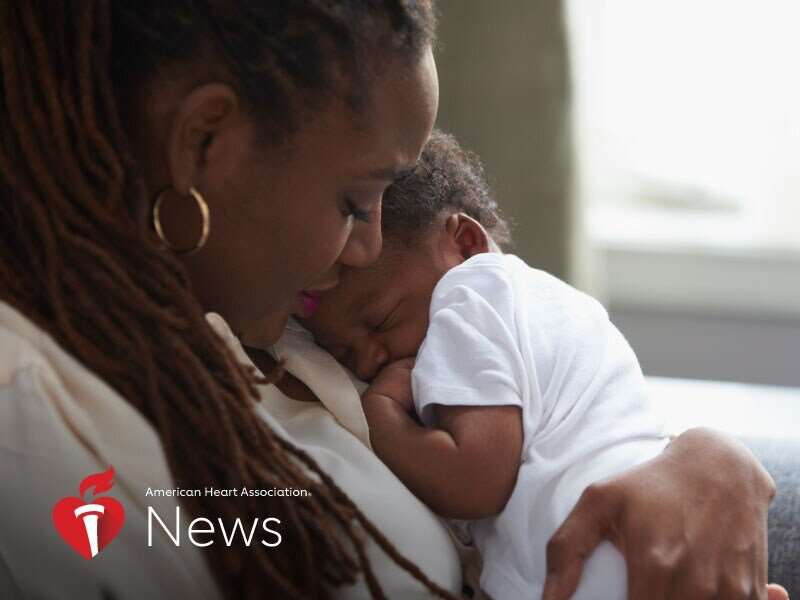Heart attacks linked to pregnancy on the rise, most often in women 30 and older

Pregnancy-related heart attacks—especially in the period after childbirth—are on the rise in women who are 30 or older, according to new research.
Although still considered uncommon, a study of nearly 11.3 million records for pregnancy, labor and postpartum cases showed that nearly three-fourths of the 913 women who had heart attacks from 2003 to 2015 were 30 years or older.
The increase in acute myocardial infarction, the medical name for a heart attack, "has occurred lockstep with increases in maternal age, as well as a rise in obesity," according to authors of the study, published Tuesday in the Journal of the American Heart Association. It also may be related to increases before pregnancy in other traditional heart disease risk factors such as diabetes, high cholesterol, high blood pressure and smoking.
Of the women who had heart attacks in the study, 37% experienced it during pregnancy, 12% during labor and delivery, and 51% during postpartum.
Pregnancy is a cardiovascular stress test, said senior author Dr. Kathleen Stergiopoulos, director of ambulatory echocardiography at St. Francis Hospital, The Heart Center in Roslyn, New York. In a normal pregnancy, blood pressure decreases most commonly in the first and second trimester and then increases to pre-pregnancy levels by the third trimester.
"People often forget about the postpartum period but that's a period of high risk because of changes in the maternal cardiovascular system," she said. "Most patients have left the hospital by the time symptoms begin. With a new baby at home, the last place mothers want to be is back in the hospital.
"Could I be having a heart attack or could I be having a stroke is almost not on a woman's radar, but it's especially not on a young woman's radar," said Stergiopoulos who has been studying heart disease in pregnancy for 12 years.
Although the cases remain uncommon, Stergiopoulos cautions it is essential to be aware of the heart attack risk factors during pregnancy, which include known coronary artery disease, gestational high blood pressure disorders, high cholesterol, blood clotting conditions, substance abuse history, smoking history and obesity.
She recommends women with cardiovascular disease, or at high risk of developing it during pregnancy, work with a team of specialists ideally before pregnancy, during and after delivery.
This field of cardio-obstetrics is growing due, in part, to the increasing number of women who are becoming mothers at older ages and who have other existing heart conditions or cardiovascular risks.
"As we get older, when we're thinking of pregnancy, we really do need those close discussions with your gynecologist about what the risks are," agreed Dr. Laxmi Mehta, a non-invasive cardiologist at The Ohio State University in Columbus who was not involved in the study.
"Pregnancy can place a lot of stress on the body, especially your heart," said Mehta, who led the writing of an American Heart Association scientific statement published in May calling for pregnant women with heart disease to be cared for by specialized cardio-obstetric teams.
"If you have an underlying cardiac history, you really need to have a cardio-obstetrics team—a cardiologist, an obstetrician, an anesthesiologist, the right team of players to help carry you through to the end."
Stergiopoulos said future research should specifically examine socioeconomic status and race as other potential risk factors for heart disease during pregnancy.
"Interestingly, public insurance—Medicaid insurance—came up as a predictor of (heart attacks). So, there's likely a socioeconomic factor, but it was not fully explored," she said.
"There was also indication that Black race was a factor, another area that requires further exploration. This study mainly focused on risk factors and timing, which was a great starting point. I view this study as a great signal rather than a solved puzzle."
Copyright © 2020 HealthDay. All rights reserved.





















